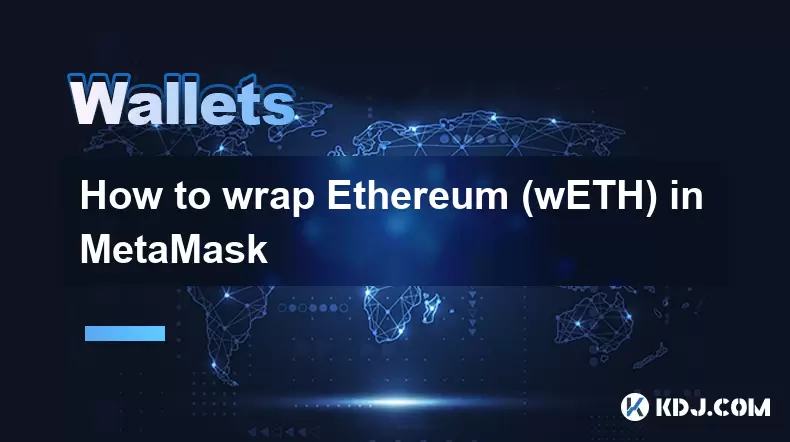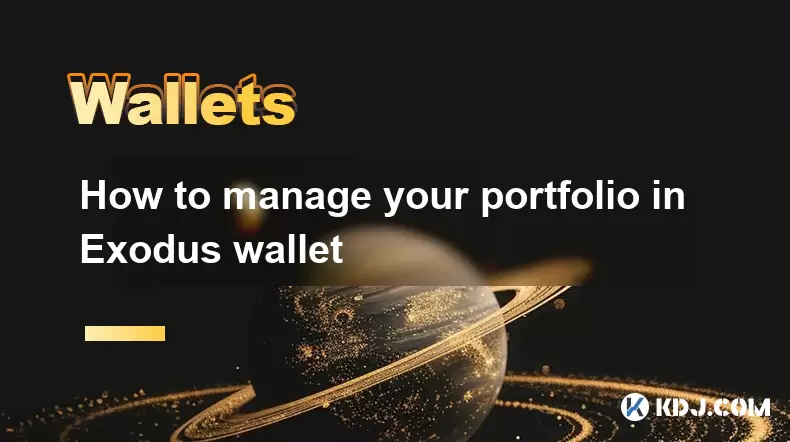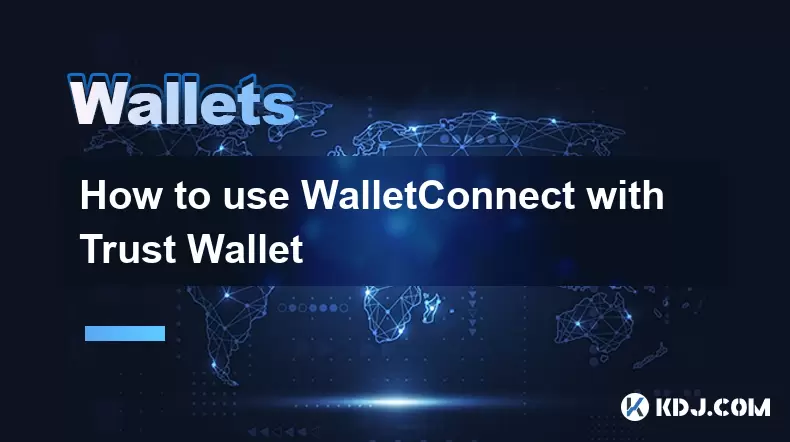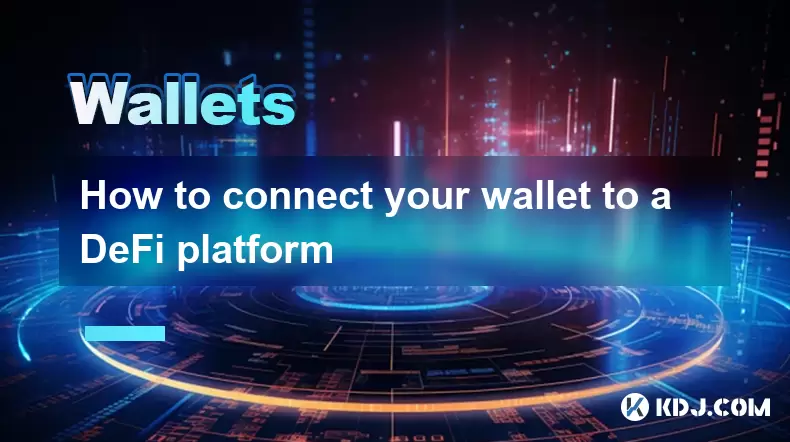-
 Bitcoin
Bitcoin $117600
0.25% -
 Ethereum
Ethereum $4424
0.10% -
 XRP
XRP $3.101
0.50% -
 Tether USDt
Tether USDt $1.001
-0.01% -
 BNB
BNB $836.2
1.26% -
 Solana
Solana $188.8
2.11% -
 USDC
USDC $1.000
0.01% -
 Dogecoin
Dogecoin $0.2301
0.57% -
 TRON
TRON $0.3485
-1.00% -
 Cardano
Cardano $0.9209
-1.34% -
 Hyperliquid
Hyperliquid $46.72
-1.19% -
 Chainlink
Chainlink $22.62
4.84% -
 Stellar
Stellar $0.4275
-0.38% -
 Sui
Sui $3.761
1.91% -
 Bitcoin Cash
Bitcoin Cash $586.7
-0.25% -
 Ethena USDe
Ethena USDe $1.001
0.01% -
 Hedera
Hedera $0.2510
2.06% -
 Avalanche
Avalanche $24.21
2.22% -
 Litecoin
Litecoin $119.7
1.07% -
 Toncoin
Toncoin $3.450
1.06% -
 UNUS SED LEO
UNUS SED LEO $9.411
-0.93% -
 Shiba Inu
Shiba Inu $0.00001298
1.20% -
 Uniswap
Uniswap $10.98
3.25% -
 Polkadot
Polkadot $3.961
2.16% -
 Dai
Dai $1.000
0.00% -
 Bitget Token
Bitget Token $4.642
0.95% -
 Cronos
Cronos $0.1514
0.57% -
 Ethena
Ethena $0.7290
3.78% -
 Monero
Monero $254.1
7.69% -
 Pepe
Pepe $0.00001102
2.47%
How to set up two-factor authentication for Ethereum wallet?
Enable Two-Factor Authentication (2FA) on your Ethereum wallet for enhanced security. Choose from authenticator apps (most secure), email (less secure), or methods specific to your hardware or software wallet. Prioritize reputable providers and secure your recovery phrase.
Mar 18, 2025 at 10:25 pm

Key Points:
- Two-Factor Authentication (2FA) significantly enhances Ethereum wallet security.
- Different Ethereum wallets offer varying 2FA methods; this article covers common approaches.
- Setting up 2FA usually involves linking a trusted device (phone or email) to your wallet.
- Always prioritize reputable 2FA providers and follow security best practices.
- Failure to properly secure your 2FA can negate its benefits.
How to Set Up Two-Factor Authentication for Your Ethereum Wallet
Securing your Ethereum wallet is paramount. Losing access to your funds can have devastating consequences. Two-Factor Authentication (2FA) adds an extra layer of protection, making unauthorized access significantly harder. However, the implementation varies depending on the type of wallet you're using.
Hardware Wallets (e.g., Ledger, Trezor):
Hardware wallets generally offer the strongest security. They often incorporate 2FA through PIN codes and/or passphrase protection. The specific setup process depends on your hardware wallet's manufacturer. Consult their official documentation for detailed instructions. This usually involves setting a PIN during the initial setup process, which you will need to enter every time you access your wallet. Losing your PIN will lock you out of your funds permanently.
Software Wallets (e.g., MetaMask, Trust Wallet):
Software wallets usually offer 2FA through email or authenticator apps like Google Authenticator or Authy.
- Using an Authenticator App: Most software wallets allow you to link a 2FA authenticator app. This usually involves scanning a QR code provided by the wallet within the app. This QR code contains a unique secret key that links your wallet to the app. Every transaction then requires a verification code from the app.
- Using Email: Some software wallets provide email-based 2FA. You'll receive a verification code via email for every transaction. This is less secure than authenticator apps because email accounts can be compromised.
- MetaMask Specifics: Within MetaMask, navigate to the settings menu, usually found through the three dots or lines in the upper right corner. Find the "Security & Privacy" section. You should see an option to enable 2FA. Follow the on-screen prompts to set it up, choosing either your authenticator app or email.
- Trust Wallet Specifics: In Trust Wallet, access settings and look for "Security". You should find options for setting up 2FA using either Google Authenticator or Authy. The process typically involves scanning a QR code with your chosen authenticator app.
Mobile Wallets (e.g., Coinbase Wallet, imToken):
Mobile wallets often integrate 2FA directly into their app. The setup process is usually straightforward and guided. It commonly involves linking a phone number or email address for receiving verification codes. Always refer to the specific wallet's instructions for the precise steps.
Choosing the Right 2FA Method:
Authenticator apps are generally considered the most secure option for 2FA. They're less susceptible to phishing attacks and provide a more secure verification process than email. However, losing your phone or authenticator app can also compromise your access. Therefore, it's crucial to keep a backup of your recovery codes.
Security Best Practices:
- Use a Strong Password: A robust password is crucial, even with 2FA.
- Keep Your Recovery Phrase Secure: This is your ultimate backup. Treat it like the combination to a vault.
- Be Wary of Phishing: Scammers frequently attempt to steal your 2FA codes. Never share your codes with anyone.
- Regularly Update Your Wallet: Keep your wallet software updated to benefit from the latest security patches.
- Use a Separate Device for 2FA: If possible, use a different device for your authenticator app than the one you use for your main wallet. This limits the impact of device compromise.
Common Questions and Answers:
Q: What happens if I lose access to my 2FA device?
A: Most wallets provide recovery options. You'll typically need your recovery phrase or seed phrase to regain access. This emphasizes the importance of securely storing your recovery phrase.
Q: Is 2FA enough to completely secure my Ethereum wallet?
A: While 2FA significantly improves security, it's not foolproof. Combining 2FA with other security measures, such as strong passwords and a hardware wallet, provides the best protection.
Q: Can I use the same authenticator app for multiple wallets?
A: Yes, you can use the same authenticator app for multiple wallets. However, be extremely careful to avoid mixing up the codes for different accounts.
Q: What should I do if I suspect my 2FA has been compromised?
A: Immediately change your passwords, revoke access to any compromised devices, and contact your wallet provider's support team. Consider changing your recovery phrase if you suspect it has been compromised.
Q: Are there any costs associated with setting up 2FA?
A: Setting up 2FA is usually free, except for the cost of a hardware wallet if you choose to use one. Authenticator apps are typically free to download and use.
Q: My wallet doesn't offer 2FA, what should I do?
A: Consider migrating your funds to a wallet that supports 2FA. Using a wallet without 2FA significantly increases your risk of losing your funds. This is strongly discouraged.
Disclaimer:info@kdj.com
The information provided is not trading advice. kdj.com does not assume any responsibility for any investments made based on the information provided in this article. Cryptocurrencies are highly volatile and it is highly recommended that you invest with caution after thorough research!
If you believe that the content used on this website infringes your copyright, please contact us immediately (info@kdj.com) and we will delete it promptly.
- Kazakhstan's Crypto Leap: Bitcoin ETF and Central Asia's Digital Finance Future
- 2025-08-13 12:45:19
- BlockDAG Presale Blazes Past $371M: Fundraising Frenzy Fuels Crypto Sensation
- 2025-08-13 13:05:21
- Meme Coins: Chasing the 2025 Surge – Which Will Moonshot?
- 2025-08-13 10:25:23
- Bitcoin's Wild Ride: Rally, Pullback, and What's Next
- 2025-08-13 10:25:23
- Bitcoin, Bitmax, and Institutional Demand: A New Era of Crypto Investment
- 2025-08-13 10:45:12
- Solana, ROAM, and Airdrops: What's the Buzz in 2025?
- 2025-08-13 11:35:13
Related knowledge

How to wrap Ethereum (wETH) in MetaMask
Aug 13,2025 at 11:36am
Understanding Wrapped Ethereum (wETH)Wrapped Ethereum (wETH) is a tokenized version of native Ethereum (ETH) that conforms to the ERC-20 standard, ena...

How to manage your portfolio in Exodus wallet
Aug 08,2025 at 10:07pm
Understanding the Exodus Wallet InterfaceThe Exodus wallet is a non-custodial cryptocurrency wallet that supports a wide range of digital assets. When...

How to manage your portfolio in Exodus wallet
Aug 13,2025 at 11:35am
Understanding the Exodus Wallet InterfaceThe Exodus wallet is a non-custodial cryptocurrency wallet that supports a wide range of digital assets. Upon...

How to reset your MetaMask password
Aug 08,2025 at 01:28pm
Understanding the MetaMask Password Reset ProcessMany users confuse the MetaMask password with the seed phrase or private key, but they serve differen...

How to use WalletConnect with Trust Wallet
Aug 13,2025 at 01:07am
What Is WalletConnect and Why It Matters for Trust Wallet UsersWalletConnect is an open-source protocol that enables secure communication between dece...

How to connect your wallet to a DeFi platform
Aug 13,2025 at 11:36am
Understanding Wallet Compatibility with DeFi PlatformsBefore connecting your wallet to any DeFi platform, it's essential to ensure your wallet is comp...

How to wrap Ethereum (wETH) in MetaMask
Aug 13,2025 at 11:36am
Understanding Wrapped Ethereum (wETH)Wrapped Ethereum (wETH) is a tokenized version of native Ethereum (ETH) that conforms to the ERC-20 standard, ena...

How to manage your portfolio in Exodus wallet
Aug 08,2025 at 10:07pm
Understanding the Exodus Wallet InterfaceThe Exodus wallet is a non-custodial cryptocurrency wallet that supports a wide range of digital assets. When...

How to manage your portfolio in Exodus wallet
Aug 13,2025 at 11:35am
Understanding the Exodus Wallet InterfaceThe Exodus wallet is a non-custodial cryptocurrency wallet that supports a wide range of digital assets. Upon...

How to reset your MetaMask password
Aug 08,2025 at 01:28pm
Understanding the MetaMask Password Reset ProcessMany users confuse the MetaMask password with the seed phrase or private key, but they serve differen...

How to use WalletConnect with Trust Wallet
Aug 13,2025 at 01:07am
What Is WalletConnect and Why It Matters for Trust Wallet UsersWalletConnect is an open-source protocol that enables secure communication between dece...

How to connect your wallet to a DeFi platform
Aug 13,2025 at 11:36am
Understanding Wallet Compatibility with DeFi PlatformsBefore connecting your wallet to any DeFi platform, it's essential to ensure your wallet is comp...
See all articles

























































































